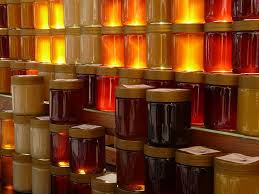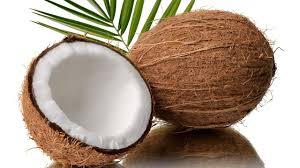Vitamin D-ficiency: A Common but Correctable Condition

Health professionals have known for decades about the role of vitamin D in building strong bones, yet an explosion of medical research in the last decade has shed light on the role of this nutrient in many other body systems and health conditions. Researchers now know that vitamin D receptors are found throughout the body. This means vitamin D is involved in a wide range of body functions.
Along with this, research has shown that correcting low levels of vitamin D can help in managing a number of chronic diseases, such as diabetes and high blood pressure. And higher vitamin D levels have been linked to a lower risk for many types of cancer.
So it’s worth boning up on this crucial vitamin. Below are answers to common questions and some guidelines to help you decide whether you need to supplement your intake in order to optimize your levels.











